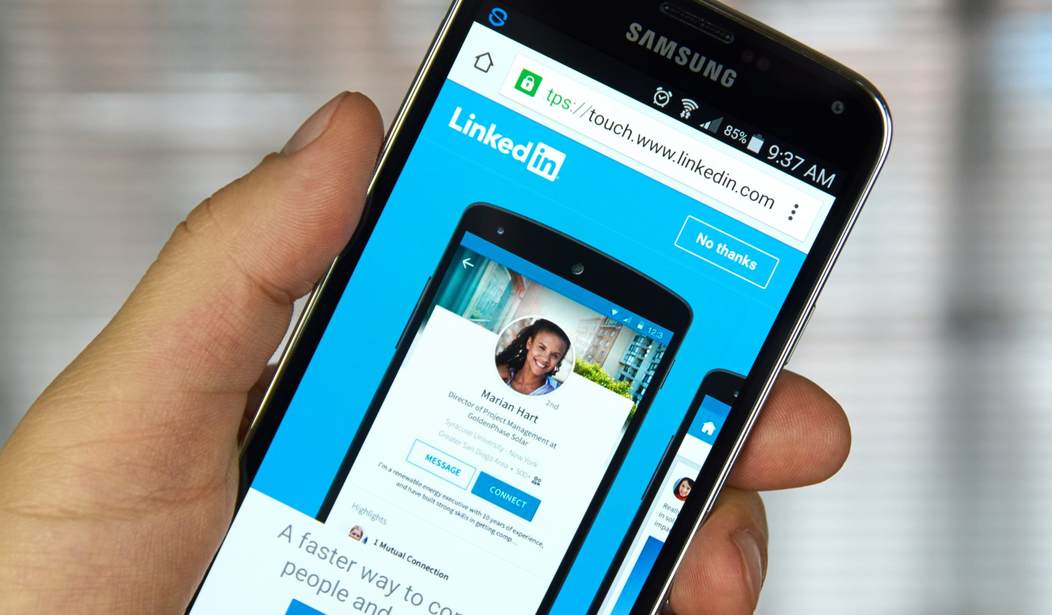With news of Microsoft’s bid to buy LinkedIn for a record $26.2 billion, all eyes are on the professional networking site. It is no secret that LinkedIn has become an important part of the job search process for most working adults. It allows you to maintain an updated resume rather easily, connects you with those in and out of your professional community, and also permits others to endorse your skills and accomplishments.
For people who didn’t grow up with the Internet, however, LinkedIn was most likely adopted a little late in the career game. But now that everyone has access to social media 24/7, the site is almost synonymous with “job search.” That begs the question, then: when should people, even children, create their own professional networking presence?
4 Things You Can Do Right Now to Keep Your Kids Safe Online
Not long ago, LinkedIn opened up its platform to users ages 14 and up. For those under 18, certain privacy settings are in place for protection. (Children’s profiles are not indexed by Google, and their pictures can only be seen by their connections, for starters.) But does a 14-year-old really need a LinkedIn profile?
As the corporate world gets increasingly competitive, one could make the argument that it’s never too early to start growing your network. So what advice should parents give their kids?
Susan Adams, in a Forbes article, says she believes that there are benefits of professional networking sites for young users. One reason she gives is that a young adult can get recommendations and endorsements. “If you do a volunteer internship at a bike shop, get your boss to write you a glowing recommendation that mentions specific things you did well, like handling customers and always arriving early and staying late.” Another reason would be to highlight past achievements: “If you’re in a serious academic club like the debate team and you win awards, or your essay wins a nationwide writing competition, potential employers want to know. Create an Honors & Awards section on your profile and keep it up to date.”
While someone in his or her early- or mid-teens might be too young for a professional profile, a young adult looking at colleges (and who has an eye on a particular profession,) might benefit from making use of a site like LinkedIn. For his MarketWatch article, Quentin Fottrell spoke with Dan Schawbel. “[The] author of ‘Promote Yourself: The New Rules For Career Success’ and founder of marketing consultancy Millennial Branding, adds that high-school students are starting to focus on their careers early, to gather the recommendations and skills they’ll need when applying for college admission and internships. ‘It sets them up for future success,’ he says.”
But Fottrell also points out some drawbacks to beginning a profile at such a young age. Namely, that many adults might not want to connect. While they’re busy building their own resumes and networks, would they really want a bunch of teens requesting connections?
That is why young users need to choose their networks wisely, at least in the beginning. They might consider connecting with former teachers who were fans of their work, or those for whom they have worked or volunteered.
Parents who talk to their kids about starting this journey at a relatively young age need to emphasize that LinkedIn, and other professional networking sites like it, are not like Facebook or Twitter. They need to be handled delicately. Kids should not try to connect with contacts willy-nilly, and should only post articles or other content that is relevant to their job search, college search, or industry interests. It is not a venue for casual or mundane content.
So while parents might consider dissuading their 14-year-olds from enrolling in a professional networking site, they might consider counseling their older teens on proper engagement, especially if they are already focused and serious about their future. While some colleges may or may not Google their applicants, a high school senior who includes a LinkedIn profile link might get a second look and consideration for taking the extra step to seem more professional. And that might be worth the effort of creating a profile in the first place.









Join the conversation as a VIP Member